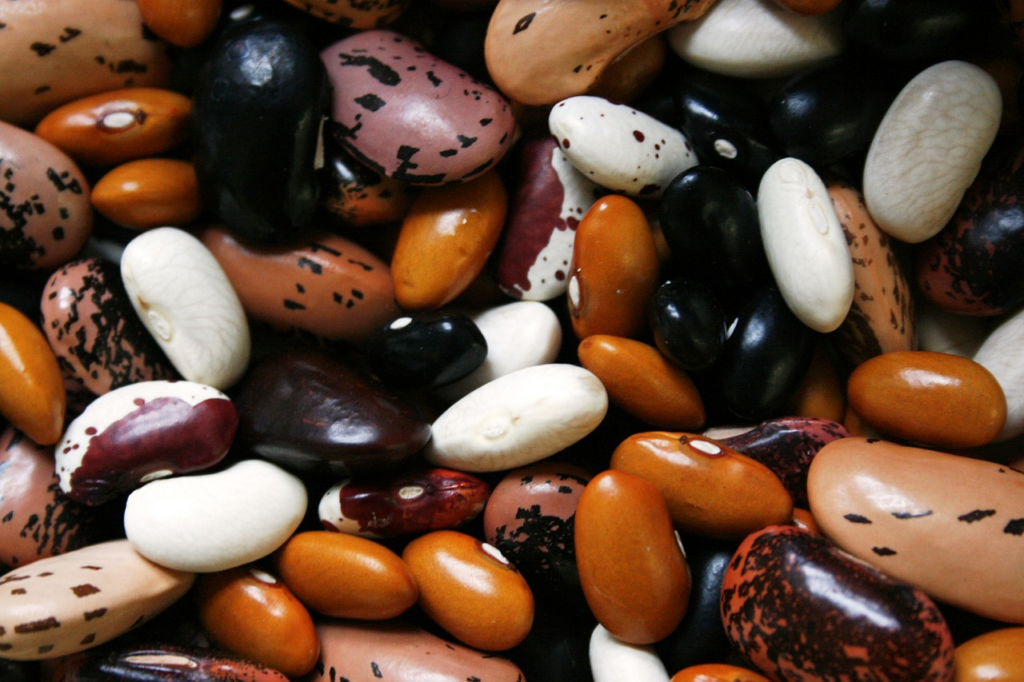Managing hypothyroidism can be tricky, as it requires balancing hormone treatments with dietary choices. While there is no “hypothyroidism diet,” certain foods can interfere with thyroid function and medication effectiveness. Here are nine foods you might want to avoid or limit if you have hypothyroidism, based on insights from medical experts and nutritionists.
1. Soy-Based Foods

Soy contains isoflavones, compounds that can interfere with iodine absorption—a key nutrient for thyroid function. Studies have shown that soy products, such as tofu, edamame, and soy milk, may affect thyroid hormone absorption, particularly if consumed close to medication times. To reduce the risk, wait at least four hours after consuming soy-based foods before taking your thyroid medication.
Consider incorporating plant-based proteins like lentils or chickpeas, which are less likely to impact your thyroid.
2. Cruciferous Vegetables

Raw cruciferous vegetables like broccoli, cauliflower, and Brussels sprouts contain goitrogens, substances that may hinder iodine utilization. While these vegetables are nutrient-rich, consuming them raw in large quantities can suppress thyroid function.
Alternatively, cooking cruciferous vegetables can deactivate most of the goitrogens, making them safer for moderate consumption.
3. Gluten

Many people with hypothyroidism, particularly those with Hashimoto’s thyroiditis, also have celiac disease or gluten sensitivity. Gluten can cause inflammation, which may worsen thyroid issues and interfere with medication absorption.
Consider getting tested for gluten sensitivity or celiac disease. If needed, switch to gluten-free grains like quinoa or rice.
4. Processed Foods

Processed foods often contain high levels of sodium, which can exacerbate hypothyroid-related risks like high blood pressure. Additionally, these foods are low in essential nutrients and can contribute to inflammation. Be sure to avoid frozen meals, packaged snacks, and fast foods.
Alternatively, stick to whole, minimally processed foods like fresh fruits and vegetables.
Read More: 8 Medications That May Cause Hypothyroidism
5. Sugary Treats

Hypothyroidism slows metabolism, making it easier to gain weight. Sugary foods like candy, pastries, and soda provide empty calories that can contribute to weight gain and worsen energy fluctuation.
Consider opting for natural sweeteners like honey or snack on fruits like berries to satisfy your sweet tooth.
6. High-Fat Foods

Fried foods, fatty cuts of meat, and spreads like butter or margarine can interfere with the body’s ability to absorb thyroid hormone replacement medications. High-fat diets may also reduce the thyroid’s hormone production efficiency.
Alternatively, go for lean proteins and cook with heart-healthy oils like olive or avocado oil.
7. Coffee

Caffeine can block the absorption of thyroid medication if consumed too soon after taking it. Studies suggest that people drinking coffee with their medication often have uncontrollable thyroid levels.
Consider taking your medication with water and wait at least 30 minutes before having coffee.
Read More: 12 Million are Unaware They Have Thyroid Disease. Do You Know The Signs?
8. Alcohol

Alcohol can disrupt both thyroid hormone levels and the thyroid’s ability to produce hormones. Long-term alcohol consumption may worsen hypothyroid symptoms or interfere with treatment effectiveness.
Alternatively, limit alcohol intake or avoid it altogether to reduce strain on your thyroid.
9. Certain Fruits and Nuts

Goitrogenic fruits like peaches, pears, and strawberries may interfere with iodine absorption. Similarly, nuts like almonds and walnuts can have a mild goitrogenic effect.
Consider focusing on antioxidant-rich fruits like blueberries or cherries, and consume nuts in moderation to balance their benefits with their potential impact on thyroid function.
Tips for Hypothyroidism Management

While these foods can exacerbate symptoms, a thyroid-friendly diet doesn’t have to be restrictive. Pair your meal plan with foods rich in selenium (like Brazil nuts) and zinc (found in lean meats and legumes) to support thyroid health. Always consult a healthcare provider or dietitian to create a balanced diet that suits your specific needs.
Dietary adjustments can play a crucial role in managing hypothyroidism. By understanding which foods to limit or avoid, you can better support your thyroid health and overall well-being. Always consult a healthcare professional before making significant dietary changes.
Disclaimer: This information is not intended to be a substitute for professional medical advice, diagnosis or treatment and is for information only. Always seek the advice of your physician or another qualified health provider with any questions about your medical condition and/or current medication. Do not disregard professional medical advice or delay seeking advice or treatment because of something you have read here.
Read More: 7 Reasons Why Thyroid Diseases Are On The Rise

